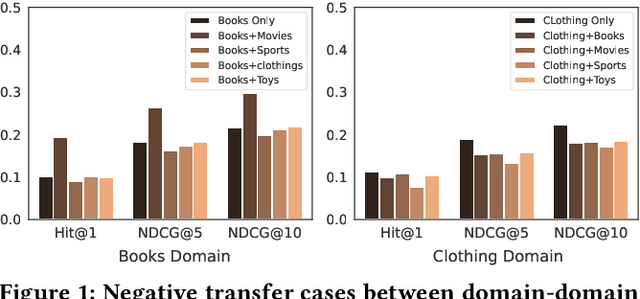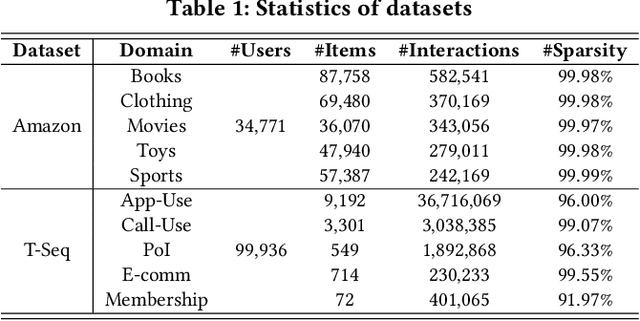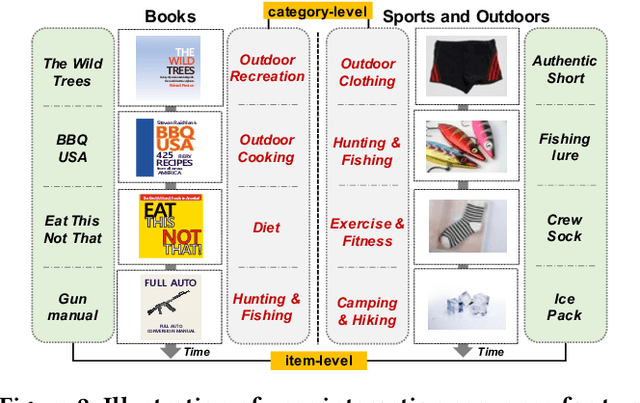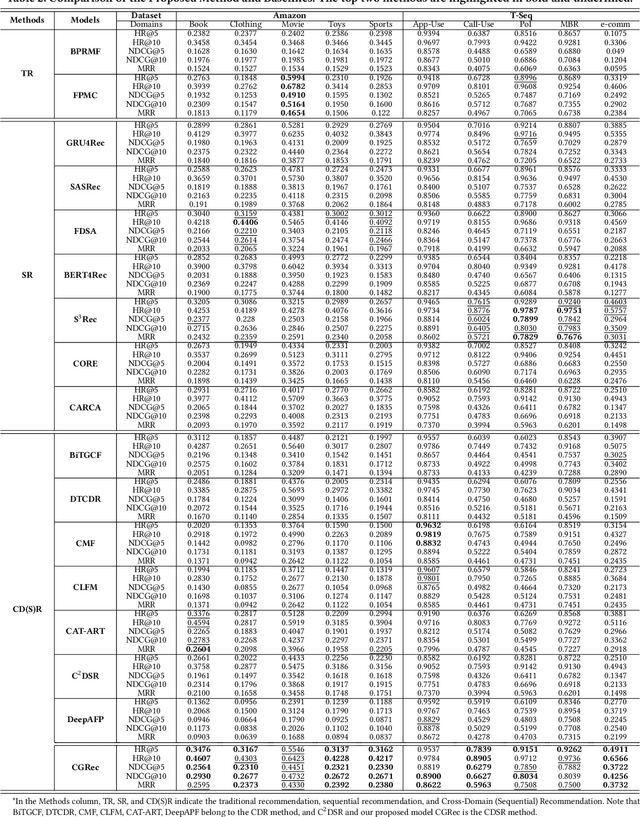Taekyoon Choi
HyperCLOVA X Technical Report
Apr 13, 2024Abstract:We introduce HyperCLOVA X, a family of large language models (LLMs) tailored to the Korean language and culture, along with competitive capabilities in English, math, and coding. HyperCLOVA X was trained on a balanced mix of Korean, English, and code data, followed by instruction-tuning with high-quality human-annotated datasets while abiding by strict safety guidelines reflecting our commitment to responsible AI. The model is evaluated across various benchmarks, including comprehensive reasoning, knowledge, commonsense, factuality, coding, math, chatting, instruction-following, and harmlessness, in both Korean and English. HyperCLOVA X exhibits strong reasoning capabilities in Korean backed by a deep understanding of the language and cultural nuances. Further analysis of the inherent bilingual nature and its extension to multilingualism highlights the model's cross-lingual proficiency and strong generalization ability to untargeted languages, including machine translation between several language pairs and cross-lingual inference tasks. We believe that HyperCLOVA X can provide helpful guidance for regions or countries in developing their sovereign LLMs.
KMMLU: Measuring Massive Multitask Language Understanding in Korean
Feb 18, 2024



Abstract:We propose KMMLU, a new Korean benchmark with 35,030 expert-level multiple-choice questions across 45 subjects ranging from humanities to STEM. Unlike previous Korean benchmarks that are translated from existing English benchmarks, KMMLU is collected from original Korean exams, capturing linguistic and cultural aspects of the Korean language. We test 26 publically available and proprietary LLMs, identifying significant room for improvement. The best publicly available model achieves 50.54% on KMMLU, far below the average human performance of 62.6%. This model was primarily trained for English and Chinese, not Korean. Current LLMs tailored to Korean, such as Polyglot-Ko, perform far worse. Surprisingly, even the most capable proprietary LLMs, e.g., GPT-4 and HyperCLOVA X, achieve 59.95% and 53.40%, respectively. This suggests that further work is needed to improve Korean LLMs, and KMMLU offers the right tool to track this progress. We make our dataset publicly available on the Hugging Face Hub and integrate the benchmark into EleutherAI's Language Model Evaluation Harness.
FedGeo: Privacy-Preserving User Next Location Prediction with Federated Learning
Dec 06, 2023



Abstract:A User Next Location Prediction (UNLP) task, which predicts the next location that a user will move to given his/her trajectory, is an indispensable task for a wide range of applications. Previous studies using large-scale trajectory datasets in a single server have achieved remarkable performance in UNLP task. However, in real-world applications, legal and ethical issues have been raised regarding privacy concerns leading to restrictions against sharing human trajectory datasets to any other server. In response, Federated Learning (FL) has emerged to address the personal privacy issue by collaboratively training multiple clients (i.e., users) and then aggregating them. While previous studies employed FL for UNLP, they are still unable to achieve reliable performance because of the heterogeneity of clients' mobility. To tackle this problem, we propose the Federated Learning for Geographic Information (FedGeo), a FL framework specialized for UNLP, which alleviates the heterogeneity of clients' mobility and guarantees personal privacy protection. Firstly, we incorporate prior global geographic adjacency information to the local client model, since the spatial correlation between locations is trained partially in each client who has only a heterogeneous subset of the overall trajectories in FL. We also introduce a novel aggregation method that minimizes the gap between client models to solve the problem of client drift caused by differences between client models when learning with their heterogeneous data. Lastly, we probabilistically exclude clients with extremely heterogeneous data from the FL process by focusing on clients who visit relatively diverse locations. We show that FedGeo is superior to other FL methods for model performance in UNLP task. We also validated our model in a real-world application using our own customers' mobile phones and the FL agent system.
Cracking the Code of Negative Transfer: A Cooperative Game Theoretic Approach for Cross-Domain Sequential Recommendation
Nov 22, 2023



Abstract:This paper investigates Cross-Domain Sequential Recommendation (CDSR), a promising method that uses information from multiple domains (more than three) to generate accurate and diverse recommendations, and takes into account the sequential nature of user interactions. The effectiveness of these systems often depends on the complex interplay among the multiple domains. In this dynamic landscape, the problem of negative transfer arises, where heterogeneous knowledge between dissimilar domains leads to performance degradation due to differences in user preferences across these domains. As a remedy, we propose a new CDSR framework that addresses the problem of negative transfer by assessing the extent of negative transfer from one domain to another and adaptively assigning low weight values to the corresponding prediction losses. To this end, the amount of negative transfer is estimated by measuring the marginal contribution of each domain to model performance based on a cooperative game theory. In addition, a hierarchical contrastive learning approach that incorporates information from the sequence of coarse-level categories into that of fine-level categories (e.g., item level) when implementing contrastive learning was developed to mitigate negative transfer. Despite the potentially low relevance between domains at the fine-level, there may be higher relevance at the category level due to its generalised and broader preferences. We show that our model is superior to prior works in terms of model performance on two real-world datasets across ten different domains.
A Technical Report for Polyglot-Ko: Open-Source Large-Scale Korean Language Models
Jun 06, 2023Abstract:Polyglot is a pioneering project aimed at enhancing the non-English language performance of multilingual language models. Despite the availability of various multilingual models such as mBERT (Devlin et al., 2019), XGLM (Lin et al., 2022), and BLOOM (Scao et al., 2022), researchers and developers often resort to building monolingual models in their respective languages due to the dissatisfaction with the current multilingual models non-English language capabilities. Addressing this gap, we seek to develop advanced multilingual language models that offer improved performance in non-English languages. In this paper, we introduce the Polyglot Korean models, which represent a specific focus rather than being multilingual in nature. In collaboration with TUNiB, our team collected 1.2TB of Korean data meticulously curated for our research journey. We made a deliberate decision to prioritize the development of Korean models before venturing into multilingual models. This choice was motivated by multiple factors: firstly, the Korean models facilitated performance comparisons with existing multilingual models; and finally, they catered to the specific needs of Korean companies and researchers. This paper presents our work in developing the Polyglot Korean models, which propose some steps towards addressing the non-English language performance gap in multilingual language models.
 Add to Chrome
Add to Chrome Add to Firefox
Add to Firefox Add to Edge
Add to Edge